Think about going wholesale? It’s a pretty reliable route to businesssuccess. A wholesale business purchases products directly frommanuf ...
15 Profitable Manufacturing Business Opportunities You Can Launch
Written by: Carolyn Young
Carolyn Young is a business writer who focuses on entrepreneurial concepts and the business formation. She has over 25 years of experience in business roles, and has authored several entrepreneurship textbooks.
Edited by: David Lepeska
David has been writing and learning about business, finance and globalization for a quarter-century, starting with a small New York consulting firm in the 1990s.
Published on December 1, 2022

If you’re thinking of starting a business, manufacturing may not be at the top of your list. It sounds daunting, and getting started is likely to require a good deal of work and investment. But many manufacturing businesses are relatively simple and inexpensive and can be quite lucrative.
You could make furnitive or candy, jewelry or compost, for instance. There are a lot of possibilities. Check out our list of great manufacturing business ideas to spark your entrepreneurial thinking.
1. Custom Wood Furniture
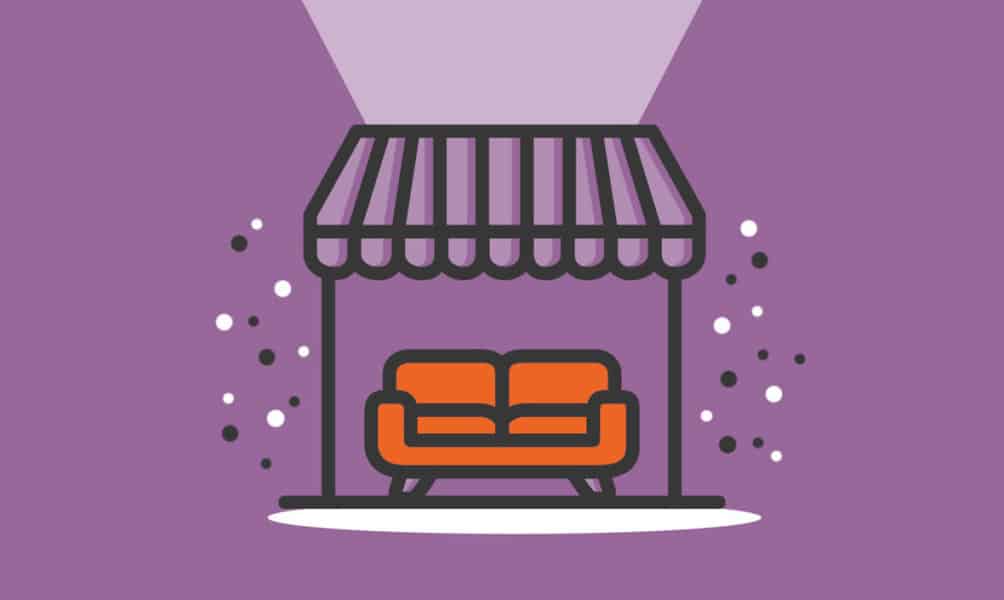
Starting a custom wood furniture business involves turning your woodworking skills into a profitable venture. Begin by understanding the market demand for bespoke furniture, which is often higher-end and tailored to individual tastes.
You’ll need a well-equipped workshop, including essential tools like saws, sanders, drills, and wood lathes. Sourcing high-quality wood is crucial, so establish relationships with reliable suppliers. Invest in design software to create custom pieces and ensure precise measurements.
To set up manufacturing, hire skilled craftsmen or train apprentices. Consider the costs of a workshop space, raw materials, tools, and labor.
2. Candy Manufacturing

Candy manufacturing is a sweet business opportunity that requires a blend of culinary creativity and precise manufacturing processes. Start by researching the types of candy you want to produce, such as chocolates, gummies, or hard candies.
You’ll need commercial-grade equipment like candy kettles, mixers, molds, and packaging machines. A clean, food-safe production facility is essential, adhering to health and safety regulations. Ingredients should be sourced from reputable suppliers to maintain quality.
Setting up involves significant investment in equipment, ingredients, and packaging materials. Marketing your candy can involve attending trade shows, partnering with retailers, and utilizing social media.
3. Fashion Jewelry

Fashion jewelry manufacturing is a vibrant industry where creativity meets craftsmanship. Begin by defining your niche, whether it’s bohemian, vintage, or contemporary styles.
You’ll need a small workshop space equipped with jewelry-making tools such as pliers, cutters, soldering equipment, and polishing machines. Source high-quality materials like beads, metals, and stones from reliable suppliers.
To set up manufacturing, organize your workspace efficiently to handle different production stages from design to assembly. Cost considerations include tools, materials, and marketing. Create a compelling brand presence through social media, online marketplaces, and local boutiques.
4. Leather Goods Manufacturing
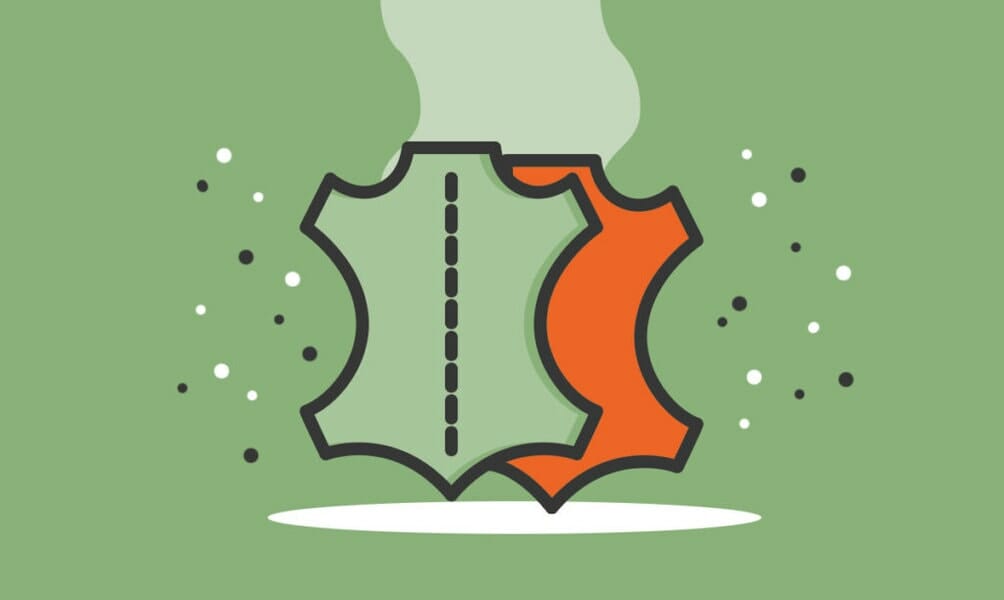
Leather goods manufacturing offers a lucrative market for high-quality, durable products. Begin by identifying the leather items you want to produce, such as bags, wallets, belts, or footwear.
You’ll need specialized tools and machinery, including sewing machines, cutting tools, and embossing equipment. High-quality leather is a significant investment, so build relationships with reputable tanneries. Design skills or hiring a designer is essential for creating appealing products.
Setting up manufacturing involves establishing a workshop, acquiring raw materials, and employing skilled workers.
5. Clothing Manufacturing

Clothing manufacturing is a vast industry offering endless possibilities. Start by deciding on the type of clothing you want to produce, such as casual wear, formal attire, or sportswear.
You’ll need industrial sewing machines, cutting tables, pattern-making software, and pressing equipment. Source fabrics and accessories from reliable suppliers. Hire experienced tailors and seamstresses to ensure quality production.
Setting up involves significant investment in machinery, raw materials, and skilled labor. Establish a production line to streamline processes from design to packaging.
6. Picture Frames Manufacturing
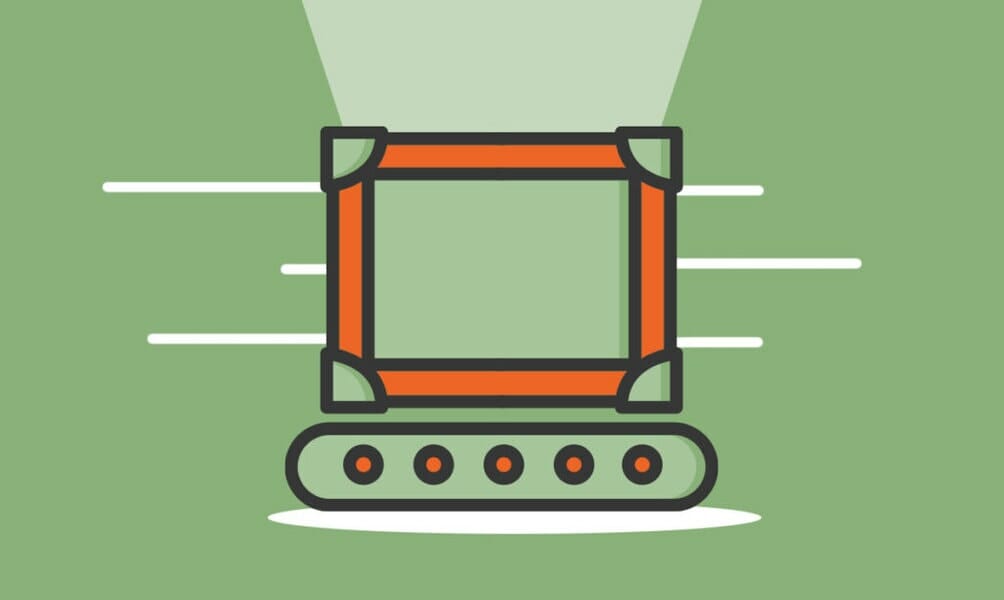
Picture frames manufacturing can be a profitable business with a blend of artistry and precision. Begin by deciding the types of frames you want to produce, such as wooden, metal, or acrylic frames.
You’ll need woodworking tools, miter saws, clamps, and finishing equipment for wooden frames, or cutting and welding tools for metal frames. Source quality materials like wood, glass, and backing materials. Design a variety of styles and sizes to cater to different tastes.
Setting up manufacturing involves investing in equipment, raw materials, and possibly hiring skilled workers. Marketing can be done through partnerships with art galleries, online stores, and home décor shops.
7. Compost
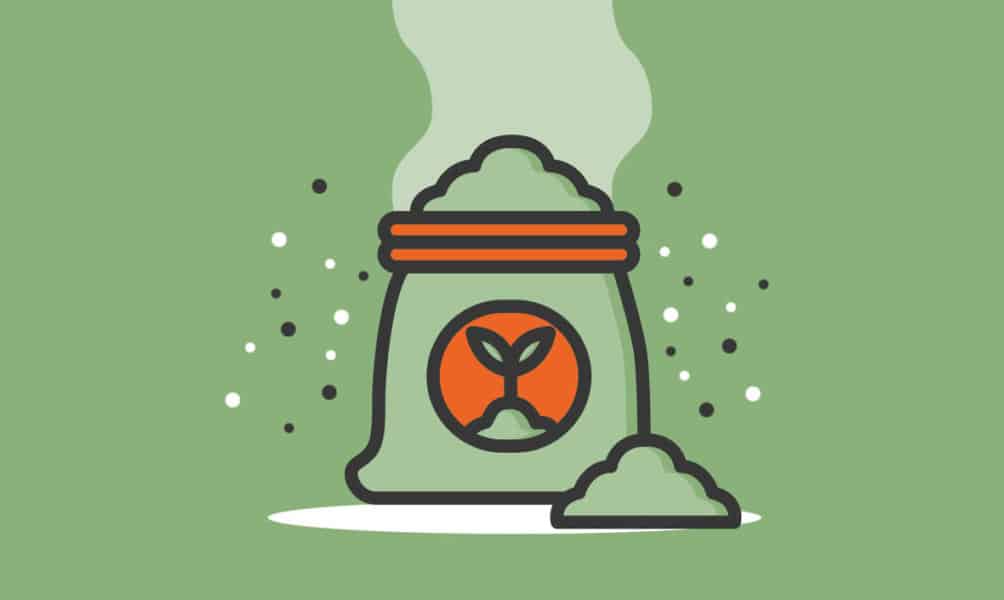
Compost manufacturing is an eco-friendly business that turns organic waste into valuable fertilizer. Start by researching the composting process, which involves collecting organic waste, allowing it to decompose, and processing it into compost.
You’ll need land for compost piles, turning equipment, and screening machines. Source organic waste from local farms, restaurants, and households. Set up a composting site adhering to environmental regulations to avoid contamination.
Initial costs include land, equipment, and labor. Market your compost to farmers, gardeners, and landscaping companies. Emphasize the environmental benefits and quality of your compost to attract eco-conscious customers.
8. Olive Oil
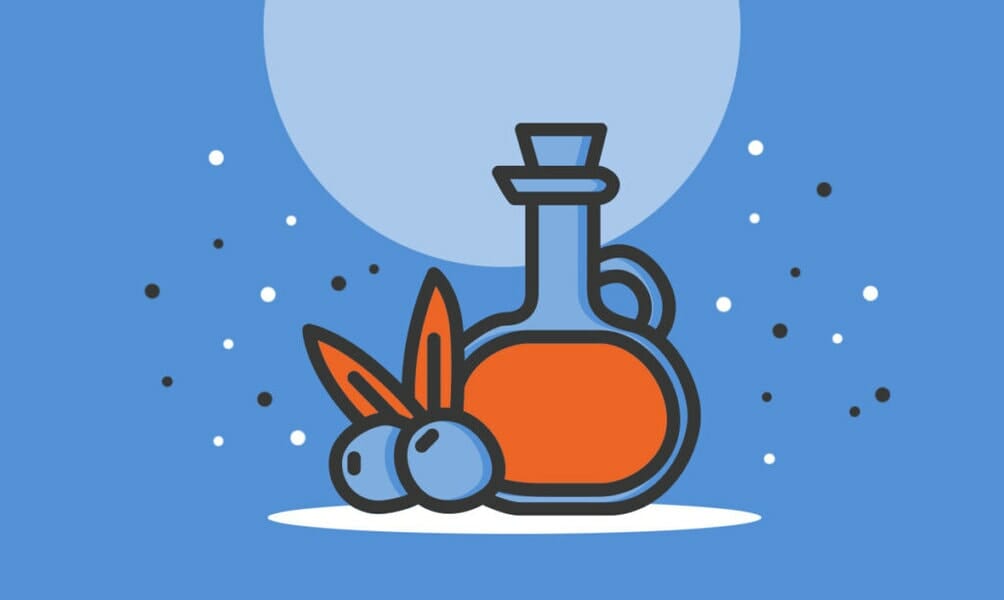
Olive oil manufacturing involves producing high-quality oil from olives, which requires specific knowledge and equipment. Start by selecting a suitable location with access to olive groves.
You’ll need equipment like olive washers, crushers, malaxers, and centrifuges. Source olives from local growers or cultivate your own. The production process includes harvesting, washing, crushing, malaxation, and extraction.
Setting up manufacturing involves investing in equipment, facilities for production, storage, and bottling, as well as skilled labor. Marketing your olive oil can be done through gourmet food stores, online platforms, and direct sales at farmers’ markets.
9. Tea
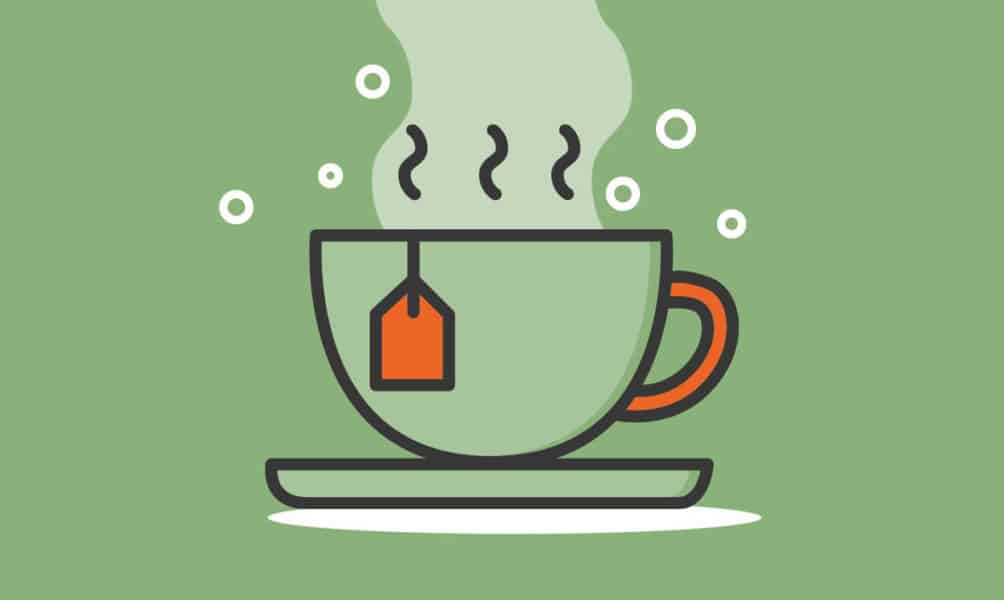
Starting a tea manufacturing business involves selecting and processing tea leaves to create various blends and flavors. Begin by researching different types of tea, such as green, black, white, and herbal teas.
You’ll need equipment like withering racks, rolling machines, fermentation containers, and drying ovens. Source high-quality tea leaves from trusted growers, or consider growing your own. Establish a production facility that meets food safety standards. Initial costs include equipment, raw materials, and packaging.
Marketing your tea can be done through online stores, local markets, and collaborations with cafes. Focus on unique blends and high-quality ingredients to stand out in the market.
10. Baked Goods
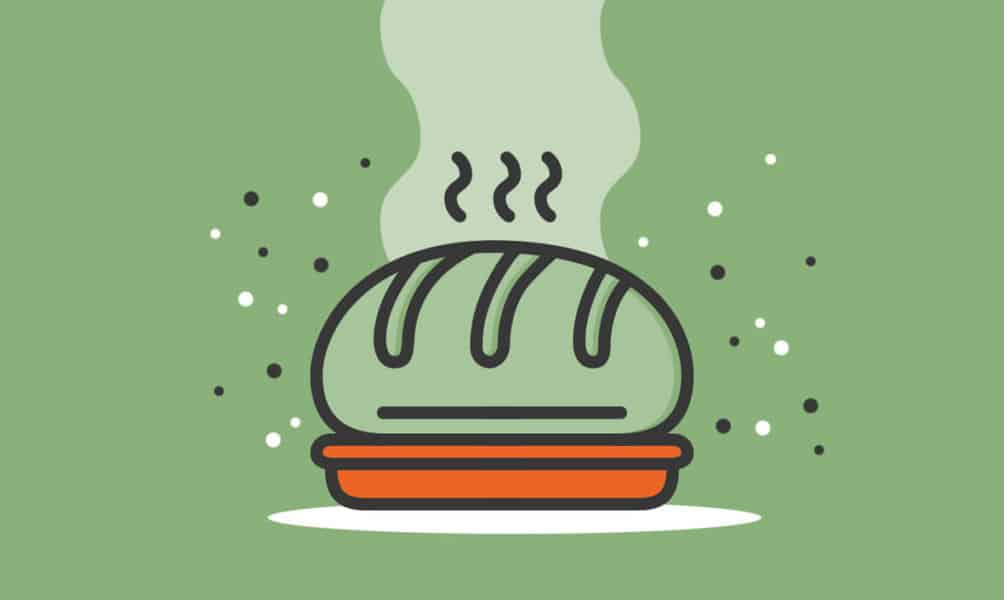
Baked goods manufacturing involves producing a variety of breads, pastries, cakes, and cookies. Start by identifying your target market and the types of baked goods you want to offer.
You’ll need commercial baking equipment such as ovens, mixers, proofing cabinets, and decorating tools. Source high-quality ingredients like flour, sugar, butter, and eggs from reliable suppliers. Set up a clean, food-safe production facility, adhering to health regulations. Initial costs include equipment, ingredients, and packaging.
Marketing can be done through local bakeries, online orders, and wholesale partnerships with cafes and grocery stores.
11. Toys

Toy manufacturing involves designing and producing playthings for children. Start by deciding the type of toys you want to make, such as educational, wooden, plush, or plastic toys.
You’ll need design software, prototyping tools, molds for plastic toys, sewing machines for plush toys, and woodworking tools for wooden toys. Source safe, high-quality materials and ensure they comply with safety standards.
Setting up manufacturing involves significant investment in equipment, raw materials, and skilled labor. Compliance with safety regulations and obtaining necessary certifications are crucial to ensure the safety and quality of your toys.
12. Candles

Candle making involves producing a variety of candles, from scented and decorative to functional. Start by researching different types of candles, such as soy, beeswax, or paraffin candles.
You’ll need equipment like melting pots, molds, wicks, and fragrance oils. Source high-quality wax and other ingredients from reliable suppliers. Set up a production area that meets safety standards and allows for efficient manufacturing. Initial costs include equipment, raw materials, and packaging.
Marketing your candles can be done through craft fairs, online stores, and partnerships with home décor shops. Focus on unique scents, eco-friendly materials, and attractive packaging to stand out in the market.
13. Microbrewery
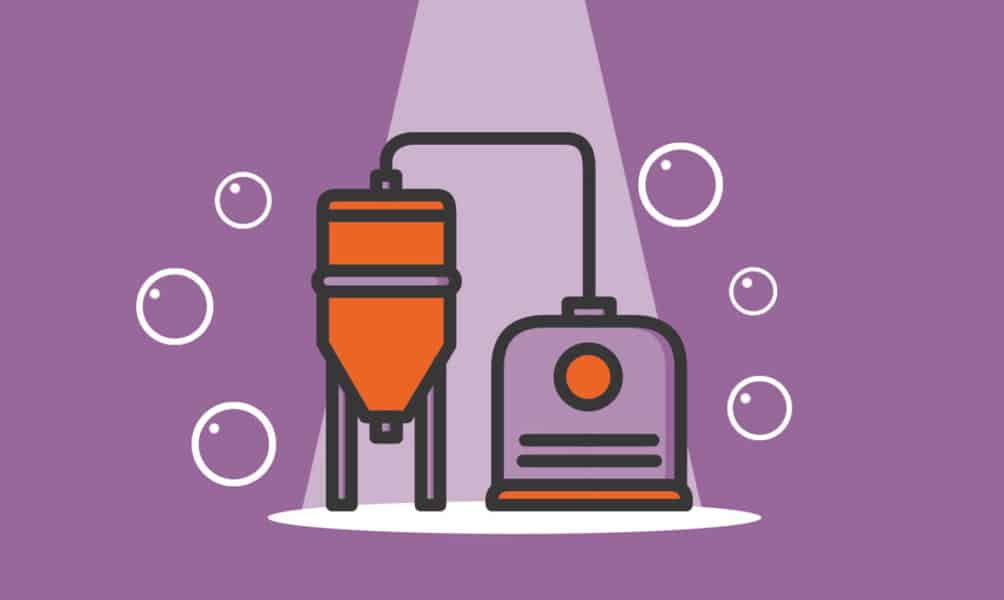
Starting a microbrewery involves producing craft beer on a small scale. Begin by researching the types of beer you want to brew, such as ales, lagers, stouts, or IPAs. You’ll need brewing equipment like fermenters, kettles, and bottling machines. Source high-quality ingredients like malt, hops, yeast, and water from trusted suppliers.
Set up a brewing facility that meets health and safety standards. Initial costs include brewing equipment, raw materials, and packaging. Market your craft beer through local bars, restaurants, and beer festivals, as well as through your own taproom or online store. Compliance with alcohol production regulations and obtaining necessary licenses is crucial to operate legally.
14. Essential Oils
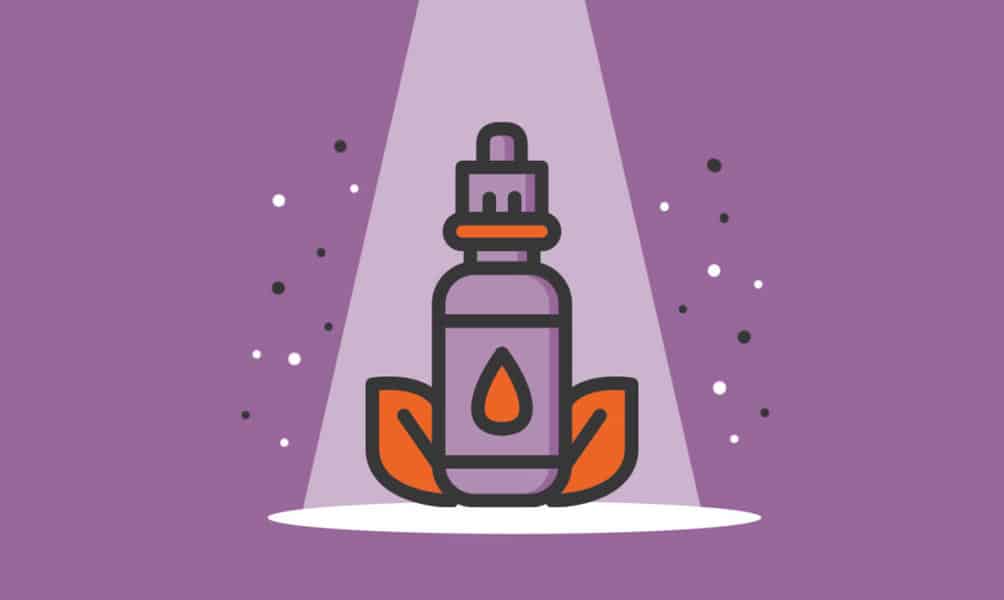
Essential oils manufacturing involves extracting oils from plants for use in aromatherapy, cosmetics, and wellness products. Start by researching the types of essential oils you want to produce, such as lavender, eucalyptus, or peppermint.
You’ll need extraction equipment like distillation units or cold press machines. Source high-quality plants and herbs from reliable suppliers or grow your own.
Set up a production facility that meets health and safety standards. Initial costs include extraction equipment, raw materials, and packaging.
15. Bath Bombs

Bath bombs manufacturing involves producing effervescent bath products that dissolve in water, releasing fragrances and oils. Start by researching different bath bomb formulations and the ingredients needed, such as baking soda, citric acid, essential oils, and colorants. You’ll need molds, mixers, and packaging materials. Source high-quality, skin-safe ingredients from reliable suppliers.
Set up a production area that meets safety standards and allows for efficient manufacturing. Initial costs include equipment, raw materials, and packaging. Marketing your bath bombs can be done through online stores, craft fairs, and partnerships with beauty shops.
Subscribe to Our Newsletter
and gain insider access to cutting-edge business insights and trends.
Featured Resources
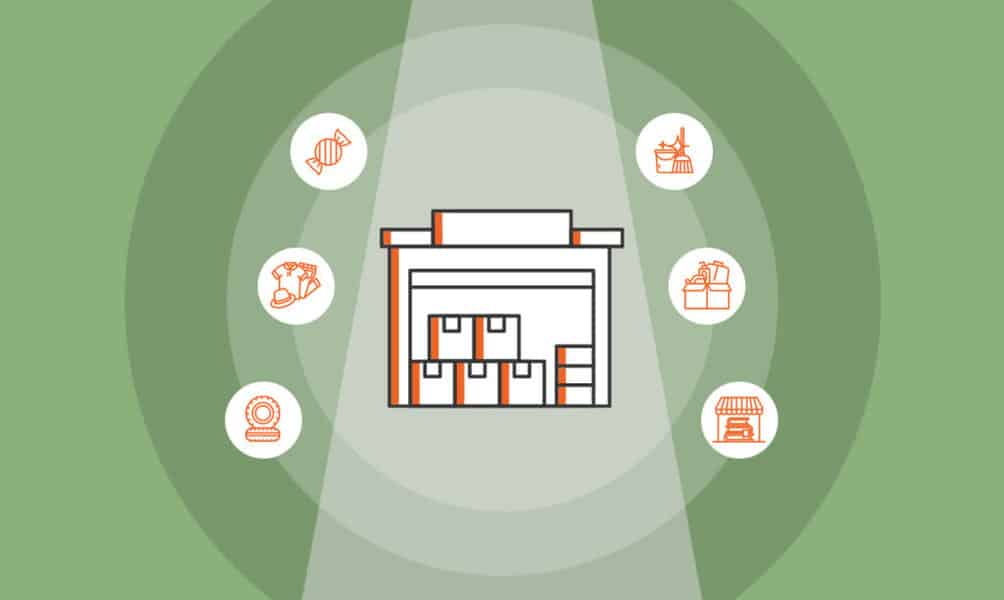
Top 16 Wholesale Ventures to Start Today
Published on November 4, 2022
Read Now
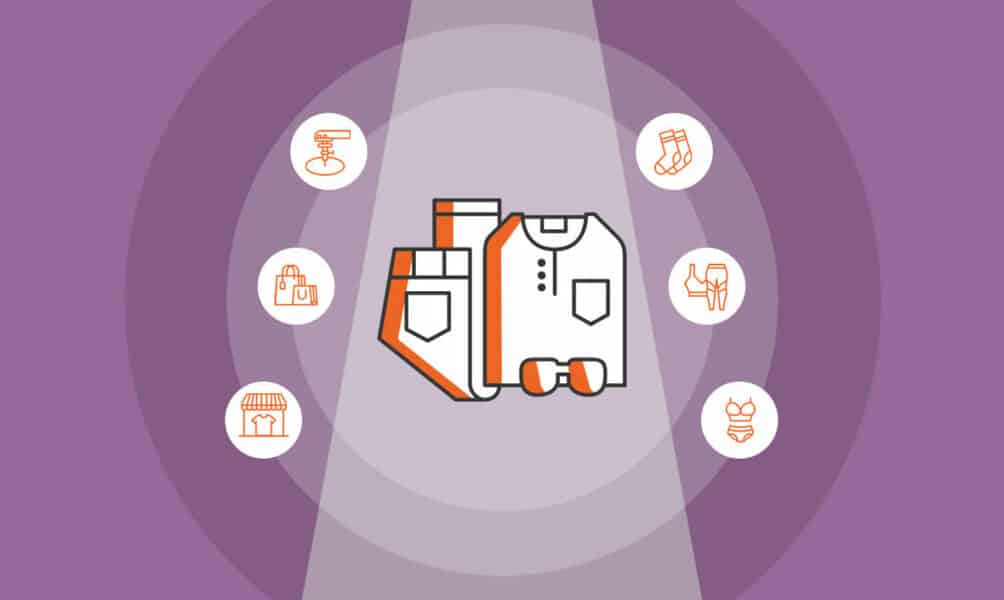
17 Clothing Business Ideas to Inspire Your Fashion Venture
Published on July 12, 2022
Are you updated with the latest fashion trends? If so, then starting a clothing business would be a perfect career choice for you. You may open abou ...
Read Now

How to Start a Small Business in 13 Steps
Published on January 15, 2022
Owning a successful business is one of the most rewarding things you can do with your life. It’s empowering and liberating, and allows you toprodu ...
Read Now
Comments